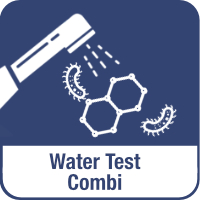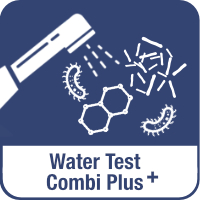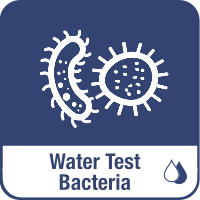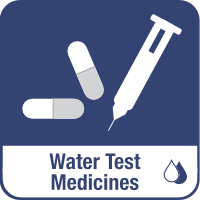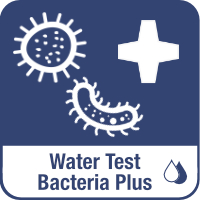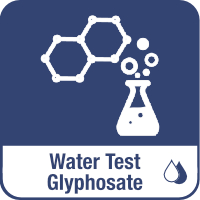- Water tests
- Air and pollutants analysis
- Mold analyses
- Asbestos analyses
- Rapid tests
-
Knowledge
- Further news
- Analysis made easy
- Tap and drinking water in Switzerland
- Facts about Indoor Air
- Facts about Mold
- Facts about Asbestos
-
Water quality in Switzerland
- Water Scarcity and Water Quality
- Drinking Water in Switzerland
- Tap Water in Switzerland: Quality and Controls
- Drinking Fountains in Switzerland
- Water Quality - Canton Basel
- Water Quality - Canton Bern
- Water Quality - Canton Geneva
- Water Quality - Canton Zurich
- NEWS: Zurich Drinking Water Map
- Drinking Water - City of St. Gallen
- Water Quality - City of Baden
- Water Quality - City of Bern
- Water Quality - City of Zurich
- Water Analysis - City Lucerne
- Water Quality - City of Winterthur
- The Water Supply of the City of Thun
- Initiative for Clean Drinking Water
- Nature's Thirst Quenchers: Fountains and Springs on Your Hike
- Partnership with WATER FOR WATER (WfW)
- Help & Services
Water Analysis Lucerne
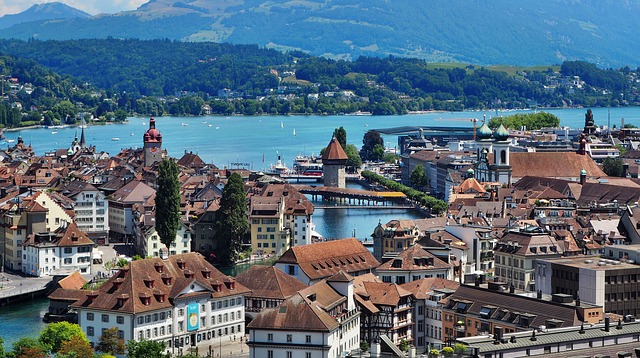
Drinking water is our most important food – not only for drinking, but also for cooking, hygiene, and industrial use. To highlight the importance of clean water, the United Nations declared March 22 World Water Day. While Switzerland enjoys secure water resources, around 748 million people worldwide lack access to clean drinking water.
Continuous Quality Control Ensures Supply
Lucerne’s water supply by Energie Wasser Luzern (EWL) is continuously monitored: over 2 200 drinking water samples per year and numerous sensors guarantee quality. Analyses are carried out by the city’s Food Control and Consumer Protection department.
Healthy Drinking Pleasure in Lucerne
- Continuous monitoring at over 100 sampling points.
- The EWL control centre is staffed 24/7 and oversees all facilities.
- Even if individual components fail (lake, spring, or groundwater), supply remains secured.
- The historic Lucerne fountain network, fed from Pilatus, guarantees basic supply even during power outages.
Origin and Composition of Lucerne’s Water
The water comes from Lake Lucerne, springs on the north slope of Pilatus, and groundwater from the Kleine Emme. Hardness typically ranges between 15 and 25 °fH (moderately hard). This is important for correct dosing of detergents and cleaning agents.
Water Hardness Influences Taste and Composition
As water percolates through the soil, it absorbs minerals such as magnesium and calcium – crucial for taste and hardness. Hardness is measured in French degrees (°fH). Lake water is particularly soft (around 11 °fH), while spring and groundwater can be harder (up to 20 °fH) depending on their mix.
Where Does Your Lucerne Water Come From?
The interactive EWL map shows for each district whether water is sourced from the lake, springs, mixed sources, or from Kriens/Littauer Berg.
- Lake water (soft, approx. 11 °fH)
- Mixed water (15–20 °fH)
- Spring water (varies by source)
What Quality Reaches You?
EWL guarantees top water quality – but only up to the house connection. Old pipes, fixtures, or insufficient maintenance can compromise water quality inside the building. Heavy metals like lead, nickel, or copper may leach into the water.
With a drinking water test kit, you can easily check what actually comes from your tap.
Sources:✔ Heavy metals and pollutants
✔ For general drinking water, softeners
✔ Legionella, heavy metals and pollutants
✔ For general drinking water and softeners
✔ Heavy metals and contaminants
✔ Separate bacteria test recommended
✔ Analysis for lead also included
✔ Separate bacteria test recommended
✔ Focus on bacterial contamination
✔ For general drinking water, softeners
✔ Risk of transmission during showering
✔ Causes Legionnaires' disease
✔ Most common contaminants
✔ Bacteria analysis available separately
✔ 12 common pharmaceuticals
✔ e.g., diclofenac, ibuprofen
✔ Most common pesticides
✔ Glyphosate separate analysis
✔ E. coli, coliform bacteria
✔ Enterococci
✔ Commonly used pesticide
✔ Possibly carcinogenic
✔ 20 common PFAS chemicals
✔ Per- and polyfluorinated alkyl substances

